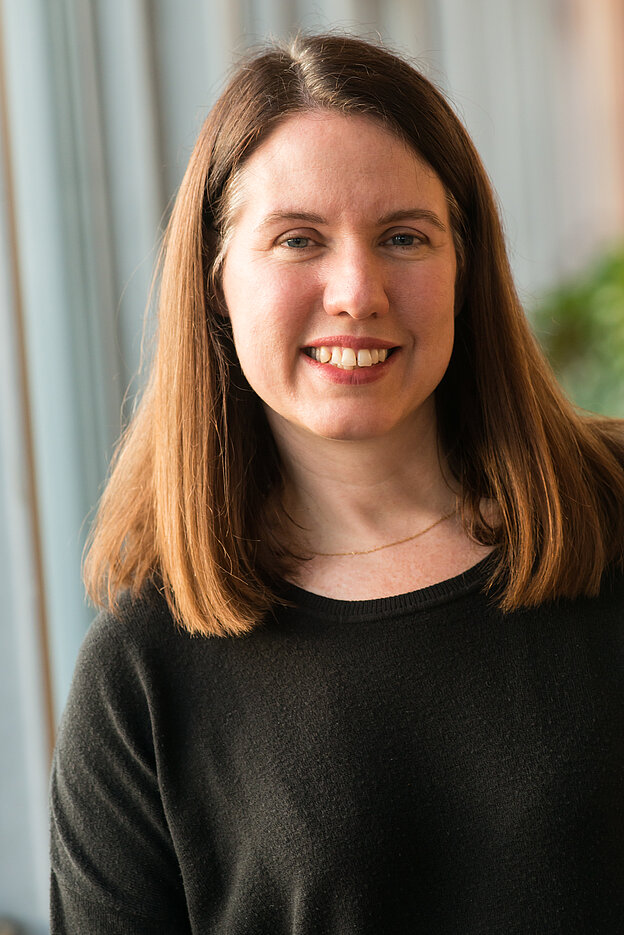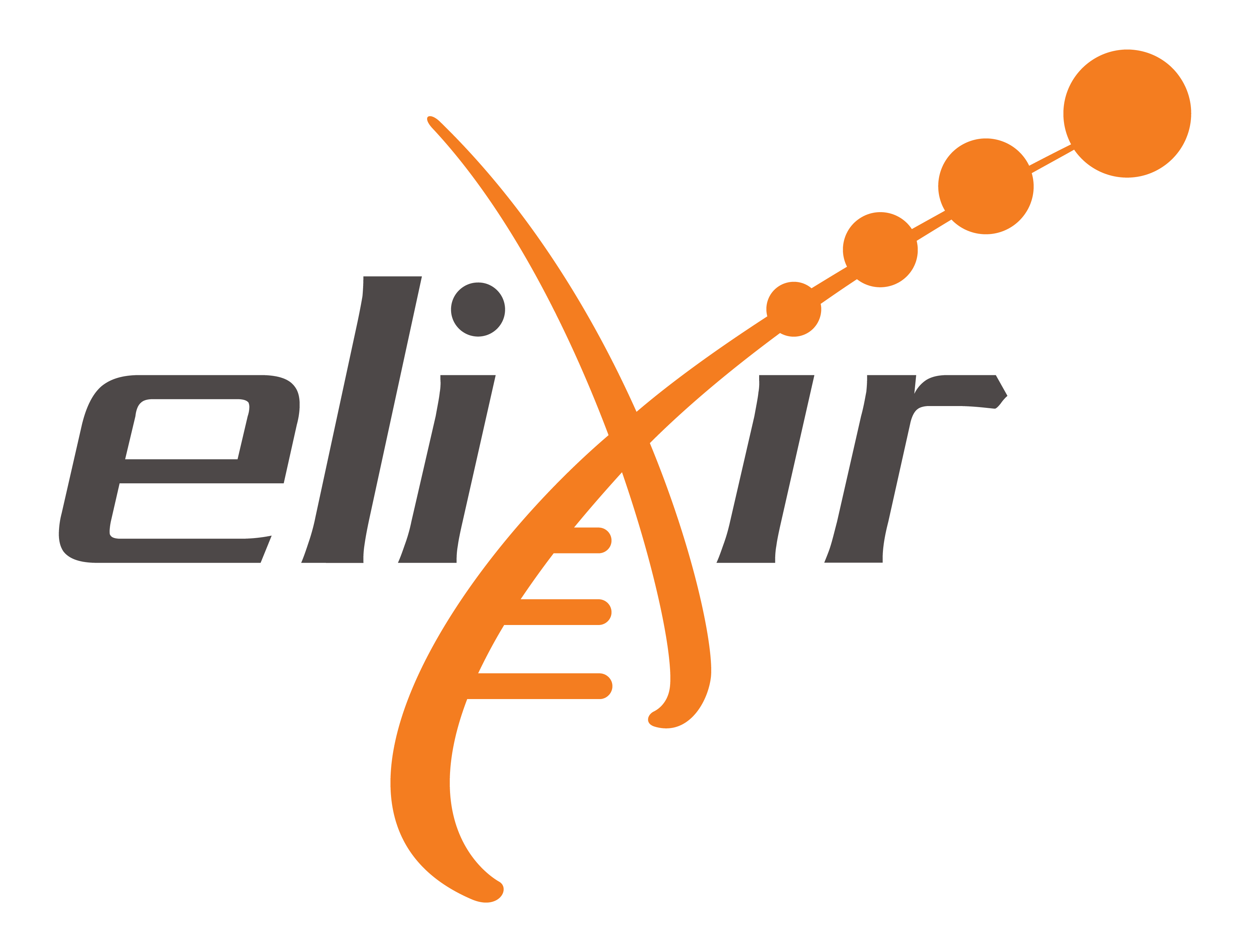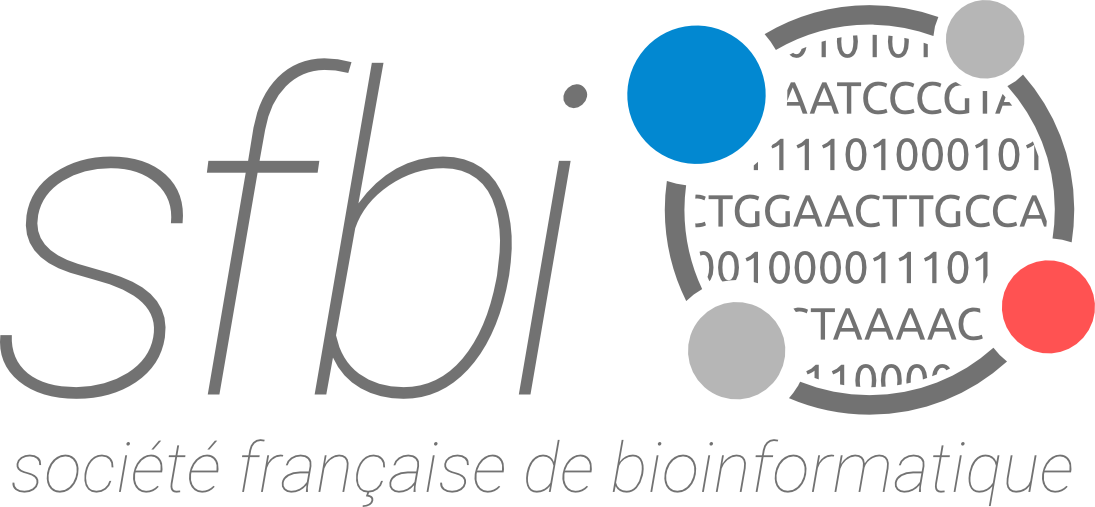 Janet Kelso
Janet Kelso
Max Planck Institute for Evolutionary AnthropologyGermany
https://www.eva.mpg.de/genetics/staff/janet-kelso/
Introduced by: Anna-Sophie Fiston-Lavier, SFBI President, French Society of Bioinformatics
Time: Sunday July 23, 6:30 PM - 7:30 PM
Room: Lumière Auditorium
Unraveling the Human Past: Insights from Ancient DNA
The genome sequences of now extinct humans offer a unique opportunity to study the human past. However, reconstructing ancient genomes is complicated by the poor preservation of DNA retrieved from ancient samples. Technological advances in the retrieval and analysis of ancient DNA have now made it possible for us to reconstruct the genomes of several Neandertals, as well as to identify a previously unknown and now-extinct Asian hominin group related to Neandertals, who we call “Denisovans”. These archaic genome sequences have provided many insights into Neandertals and Denisovans, and have also revealed their interactions with modern humans. We have shown, for example, that gene flow occurred between archaic and modern humans, and have assessed the likely functional consequences of archaic DNA sequences in present-day people using publically available genome, gene expression, and phenotype datasets. I will highlight the role that archaic DNA has played in shaping the genetic landscape of contemporary populations, as well as describing some of the methodological challenges in the analysis of ancient DNA.
Biography
Janet Kelso leads the Computational Ancient Genomics research group at the Max-Planck Institute for Evolutionary Anthropology in Leipzig, Germany. Her research focuses on understanding human history through the study of the genomes of now-extinct humans including Neandertals and Denisovans. Her research group has contributed to the development of computational approaches for the analysis of ancient DNA, and to the retrieval and analysis of the first Neandertal and Denisovan genomes. Janet received her PhD in bioinformatics from the South African National Bioinformatics Institute at the University of the Western Cape under the supervision of Professor Winston Hide. She was awarded the L'Oréal-UNESCO/DST Young Scientist Award for her PhD research. Janet is the co-Editor-in-chief of the journal Bioinformatics together with Alfonso Valencia, as well as an Executive Editor of the journal Database. For many years she has been an active member of the Board of the International Society of Computational Biology and was named a Fellow of the Society in 2016.















